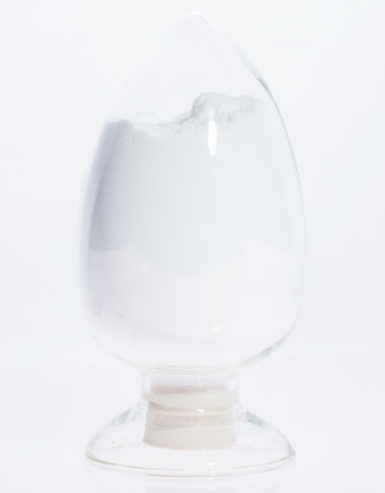
News
Nov . 16, 2024 10:10 Back to list
List of Top Quality Organic Chelating Agents for Various Applications
High-Quality Organic Chelating Agents An Overview
Chelating agents play a pivotal role in various industries, including agriculture, pharmaceuticals, and environmental management. These organic compounds can form stable complexes with metal ions, effectively binding them and making them more bioavailable for plants or helping to detoxify harmful substances in the environment. This article discusses some of the high-quality organic chelating agents that are widely used today.
One of the most recognized chelating agents is EDTA (ethylenediaminetetraacetic acid). It is highly effective in sequestering metal ions such as calcium, magnesium, and iron, making it essential in agricultural fertilizers and pharmaceuticals. EDTA is favored for its stability and effectiveness in various pH levels, making it a versatile choice for enhancing nutrient availability in plants.
Another important chelating agent is DTPA (diethylenetriaminepentaacetic acid). DTPA is particularly useful in high pH environments, where other chelators may not function as efficiently. It is widely utilized in agriculture to improve the uptake of trace elements, particularly iron, in alkaline soils. Additionally, it has applications in medical imaging as a contrast agent.
high quality organic chelating agent list

Citric acid is a natural organic chelator that has gained popularity due to its eco-friendliness and effectiveness. It is commonly used in both organic farming and food preservation as it can chelate calcium and iron, enhancing nutrient solubility. Citric acid's role in promoting plant growth and its biodegradable nature make it an attractive alternative to synthetic chelators.
Ascorbic acid, or vitamin C, also demonstrates chelating properties, especially with iron and copper ions. Its antioxidant qualities in addition to its chelating ability have led to its incorporation in various food products and supplements, where it functions to prevent oxidation and maintain nutritional value.
Lastly, gluconic acid serves as another natural chelating agent that is derived from glucose. It has applications in pharmaceuticals for its metal ion binding capabilities and is also recognized for its effectiveness in enhancing agricultural practices. Gluconic acid is biodegradable and safe, making it ideal for sustainable agricultural practices.
In summary, high-quality organic chelating agents such as EDTA, DTPA, citric acid, ascorbic acid, and gluconic acid are indispensable in various fields. Their ability to effectively bind metal ions enhances nutrient availability in agriculture and detoxifies substances in environmental management, showcasing their versatility and significance in modern science and industry. As research progresses, the development of more sustainable and biodegradable chelators continues to be a vital area of focus, emphasizing the importance of eco-friendly solutions in our global landscape.
-
Polyaspartic Acid Salts in Agricultural Fertilizers: A Sustainable Solution
NewsJul.21,2025
-
OEM Chelating Agent Preservative Supplier & Manufacturer High-Quality Customized Solutions
NewsJul.08,2025
-
OEM Potassium Chelating Agent Manufacturer - Custom Potassium Oxalate & Citrate Solutions
NewsJul.08,2025
-
OEM Pentasodium DTPA Chelating Agent Supplier & Manufacturer High Purity & Cost-Effective Solutions
NewsJul.08,2025
-
High-Efficiency Chelated Trace Elements Fertilizer Bulk Supplier & Manufacturer Quotes
NewsJul.07,2025
-
High Quality K Formation for a Chelating Agent – Reliable Manufacturer & Supplier
NewsJul.07,2025
